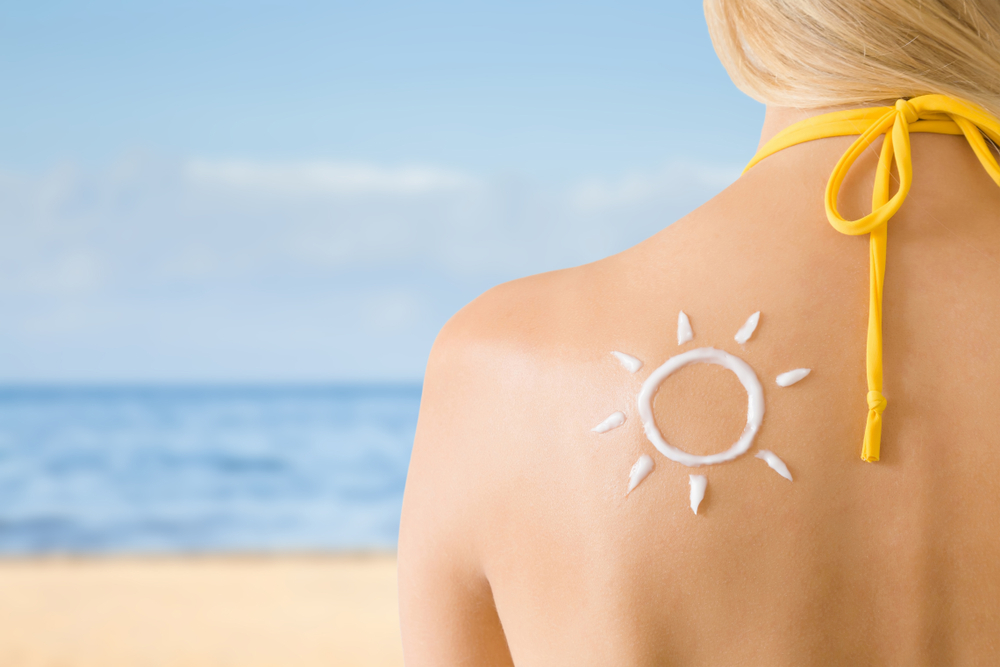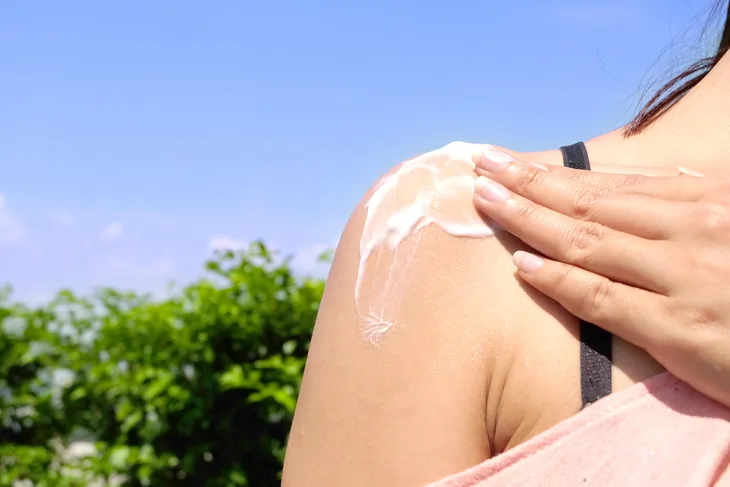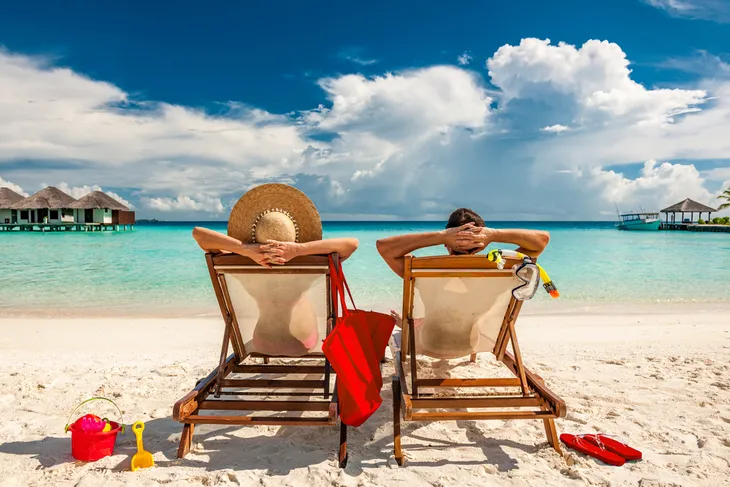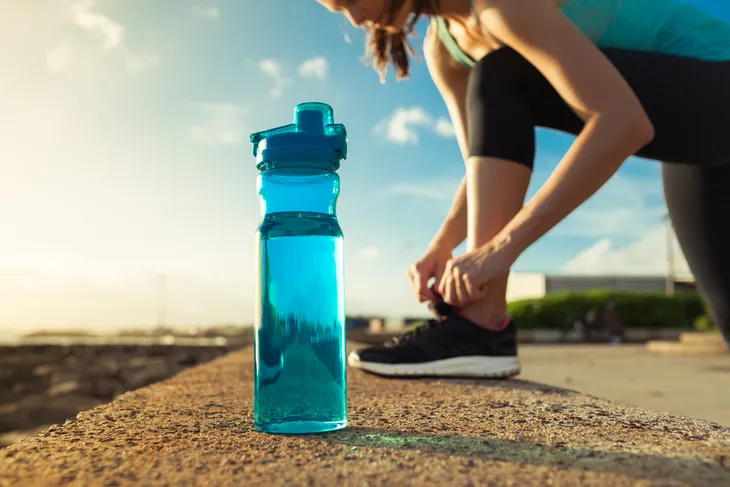Depending where you live in the U.S., you may have waited months for some of that lovely, warm sunshine. However, once the warm months hit, we tend to want to be outside as much as possible while it lasts. While it’s great to be outdoors for exercise and fresh air, you also have to consider the health of your skin and how to protect it from harsh UV rays.
Here are 4 important summer sun protection tips…
Wear Sunscreen
This is perhaps the most obvious thing to do to protect your skin from the sun, but many Americans neglect doing this or they use sunscreen or sunblock that offers inadequate protection.
WebMD suggests using sunscreen that has a sun protection factor (SPF) or 30 or higher, with “broad spectrum” protection from both UVA and UVB rays. Apply liberally to all exposed skin, at least 15 minutes before you plan to trek out into the sunshine.
Avoid Worshipping the Sun During Peak Hours
The U.S. Environmental Protection Agency (EPA) suggests that UV levels are highest from mid-morning to afternoon, depending on the current readings. The UV Index scale used in the U.S. is based on World Health Organization guidelines, and ranges from 0 (safe) to 11+ (unsafe).
Avoid direct sun exposure during hours of 10 A.M. to 2 P.M., when UV radiation is the strongest. Seek shade when possible, and of course use those UV sunglasses, wide-brimmed hat and proper sunscreen as well. The EPA suggests the shadow rule: if your shadow is shorter than you, you are likely being exposed to higher levels of UV radiation compared to times of day when your shadow is taller than you.
Improve Your Diet
This may seem like a bit of an odd suggestion for protecting you from the sun, but Prevention notes that a healthier diet can actually lessen your risk of burning quickly. The site notes that certain nutrients called phytochemicals can “improve skin’s ability to ward off damage”.
The source suggests getting lycopene from red fruits and vegetables to (ironically) prevent you from getting too red from the sun, as well as taking supplements with alpha/beta carotenoids (found in orange and yellow produce). The source does warn however, that eating these nutrients alone won’t replace the other precautions already discussed, diet may just help delay a sunburn.
Stay Hydrated
The Government of Canada (HealthyCanadians.gc.ca) reiterates many of the points we’ve already presented, but it also reminds you to drink plenty of water when you’re out in the hot sun. It can be misleading how much moisture you’re losing in the heat and thirst doesn’t always reflect this.
Not having adequate water in your body can not only complicate sunburns, but it can also lead to heat stroke that can require hospitalization. Pay special attention to keeping your kids hydrated, as they may not vocalize the symptoms of feeling exhausted or dizzy from the heat.







